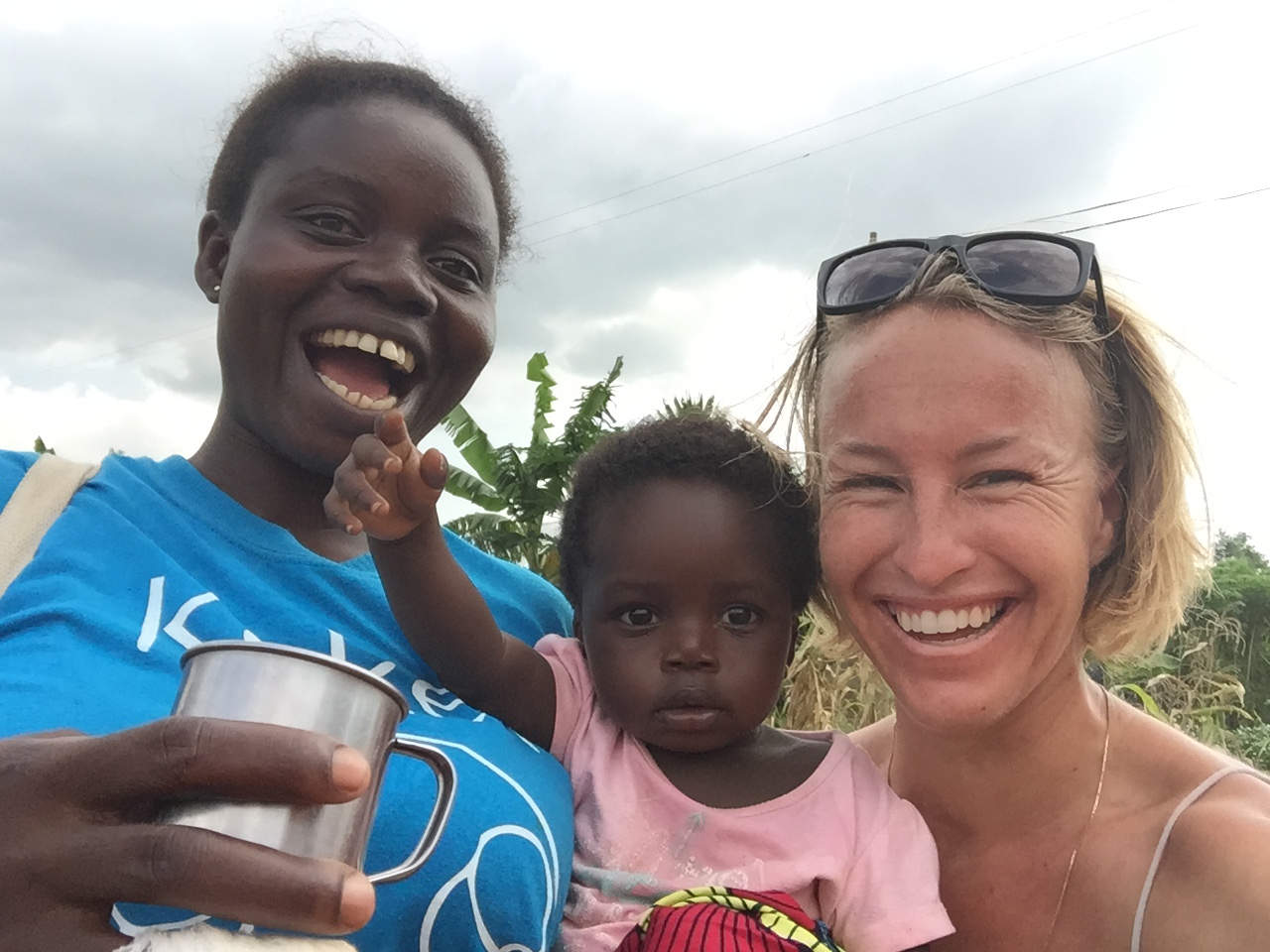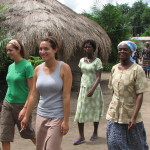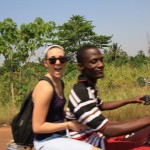Our culture often ignores a significant event in a young girl’s life: when that girl becomes a woman.
Some cultures have a ceremony, rather than simple happenstance, to usher in the change.
But for me, no one and no culture ever recognized when I became a woman. During my 20’s, with all their substantial bumps and bruises, I had no idea what inherently made me a woman. So I wondered: is it when you become a wife? Or a mom?
But those labels, which seemingly seemed so tied to womanhood in my mind, hadn’t happened to me. So then I wondered: is it when I am 30 (and then the natural follow up question, is that why 30 is such a big deal)? Inevitably, I was left wanting.
So, a few years ago, I began asking friends; “when do you feel like you became a woman?”
As this question spurned conversation, I quickly realized the inherent diversity of what it means to be a woman. In fact, every woman around me had been teaching me how to be a woman—for a long, long, time. More importantly, however, they have taught me how to be a better woman.
Dear friends’ hearts, homes, and humor helped me open my life in ways that, even now, surprise and rejuvenate me.
But then I also have the Kekeli women: they taught me one of the things I have come to value so much, no matter how cliche it may seem, and that is: to laugh. A lot! More! Like, a ton! And often. Especially at myself (because they were laughing so often at me).
They also taught me to have unending reserves of resilience and compassion. The force of these traits together, to me, is what makes me a woman.
In light of this coming into being, I also began the inevitable slow but deep realization that being a woman is left to each of us to decide. This beautiful truth blossomed in my chest. And today, maybe more than some days, I am grateful to be a part of all womankind and the change that continues to be made manifest by women all over the world. Today we get to focus on being better, brighter, and agents of change for the future of women.




